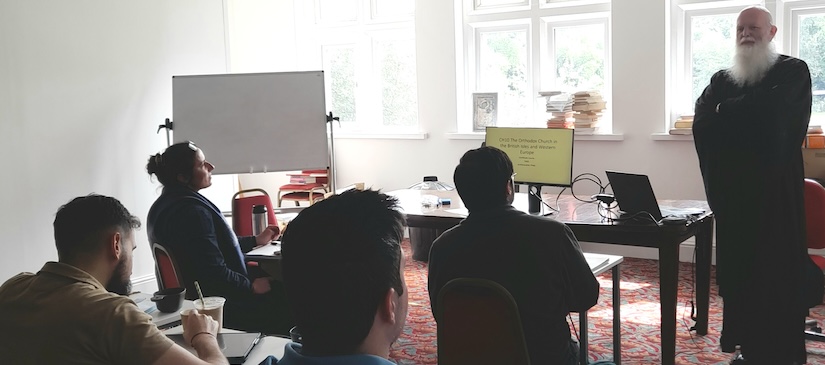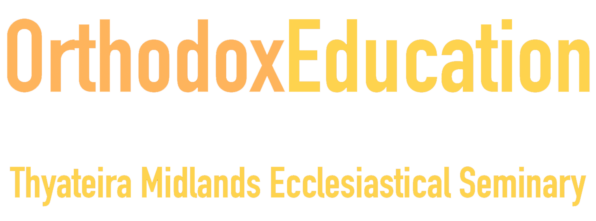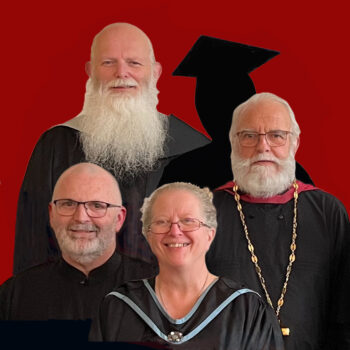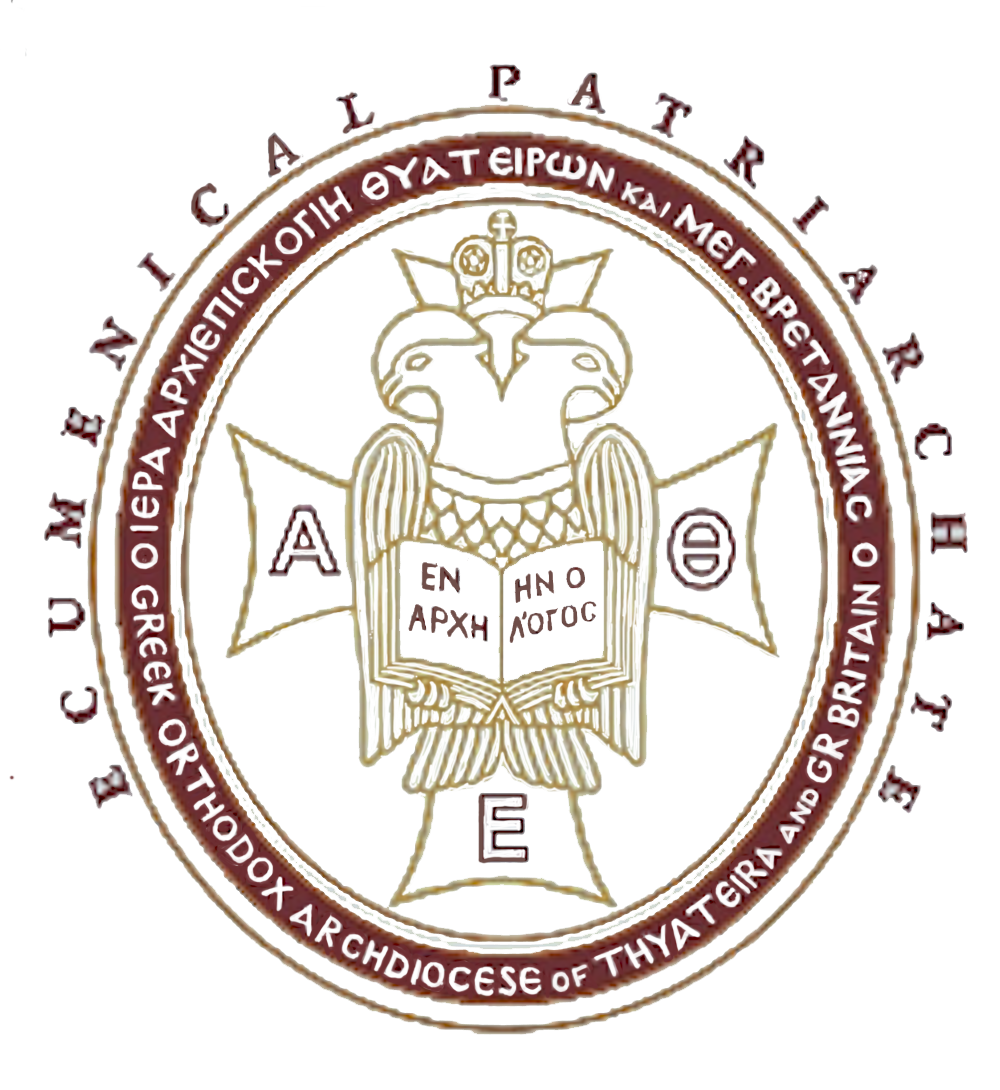
The Diploma Course lasts for two years and developes the study of Christian theology and worship begun in the Certificate Course. The two years differ in their core themes. This year concentrates on giving a broad historical, theological and liturgical foundation. It provides a ‘map,’ underpinning ongoing study and pastoral practice. We follow the history of the Church and its Scriptures, studying the relationship of Old and New Testaments – including the knotty problems of the ‘Fall.’ We follow the development of theology through the Councils of the Church and their canons, the development of the Liturgy – including Baptism and the veneration of the Theotokos, and ascetic developments such as the Jesus Prayer, fasting and monasticism.
The course, as a whole presents an essential basis for those considering diaconal and priestly ministry, and for those serving in other diakonia, such as teaching and catechesis. For those not preparing for ministry, the course presents a unique opportunity to deepen your understanding of the life of the church, and equips you to bring up your children in the faith. In building the community of the Church, we all have a pastoral role, and the better equipped we are for it, the better.
As a requirement for admission, students must speak and write English adequately, have completed education to GCSE standard, and preferably A level, and have completed the Certificate Course. Assessment is by two 2500 word essays, several short multimedia presentations with (500 word maximum) seminar papers, and student contributions to the discussion in the sessions.
THIS IS A ROLLING PROGRAMME: Year I & Year II are complete in themselves but differ in theme. This means they are interchangeable. Please go to the Year II page for this year’s Programme 2025-6 for all Diploma Students, whether you are first or second year
WHAT’S HAPPENING? 2nd.SATURDAY of Each Month: 9.30-4.15: A Sample of History & Theology year (2025,27 etc.) is given below
OCTOBER. All students attend in person for the opening sessions. Liturgical Terminology; Fasting & Ascetic Discipline; Theology in the Fathers; Byzantine Rite I – Before Iconoclasm .
NOVEMBER. Early Liturgy; The Old Testament in the New I; Byzantine Rite I – After Iconoclasm; Old Testament in the New II; The Liturgy of the Presanctified Gifts and Typica..
DECEMBER. The Holy Trinity & Creation; Old Testament Worship – the Temple & the Synagogue (Student Seminar 1); Background to Nicea; Ss. Ignatius of Antioch & Clement of Rome; Historical issues & Spiritual Dimensions of the Canons. .
JANUARY. Ss. Irenaus & Justin Martyr; Development of Monasticism; Gospel of John I; Events Surrounding Nicea; God of Our Fathers..
FEBRUARY. Man & the Fall; Hesychasm & the Jesus Prayer; Canons of the Quinisext Council (Student Seminar 2); Apollinariansim & Athanasius; Canons of the Fathers.
MARCH. Father Almighty, Maker of Heaven & Earth (Student Seminar 3); Theology of the Incarnation – Nestorianism; Baptism, Chrismation & Confession; Gospel of John II; Clement of Alexandria & Origen..
APRIL. The Holy Trinity – Chalcedon; John Chrysostom; Holy Trinity – Constantinople II & III; Anointing Service; St. Basil..
MAY. Theology of the Icon – Nicea II; Out of Egypt I called My Son; The Church; Ordination; Messianic Prophecies (Student Seminar 4)..
JUNE. Gregory the Theologian; The Last Things; Gregory of Nyssa; The Dead Sea Scrolls; The Theotokos in Liturgical Worship.
JULY. All Students Attend in Person for closing sessions. Palestinian Theologians; Efchologion; The Apocalypse of St. John the Divine; Monastic Life; End of Year Review..


